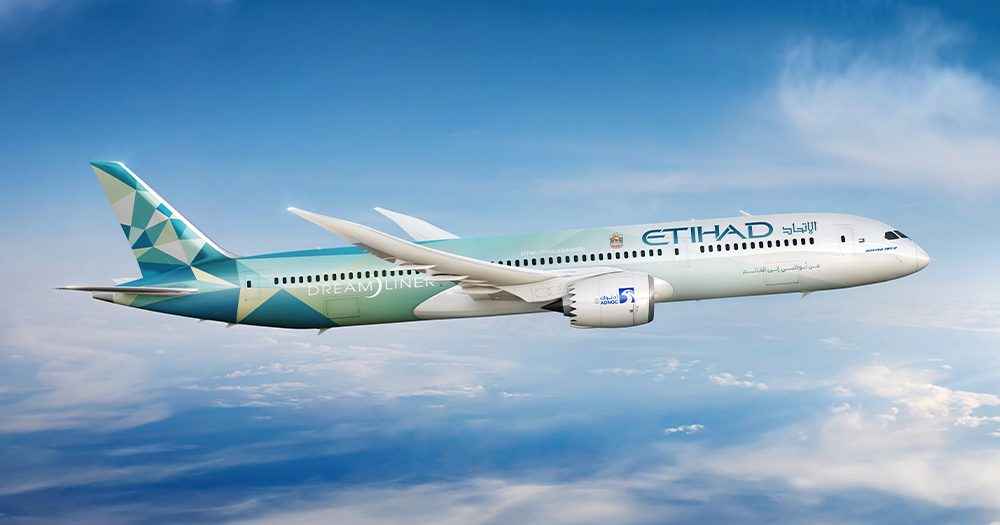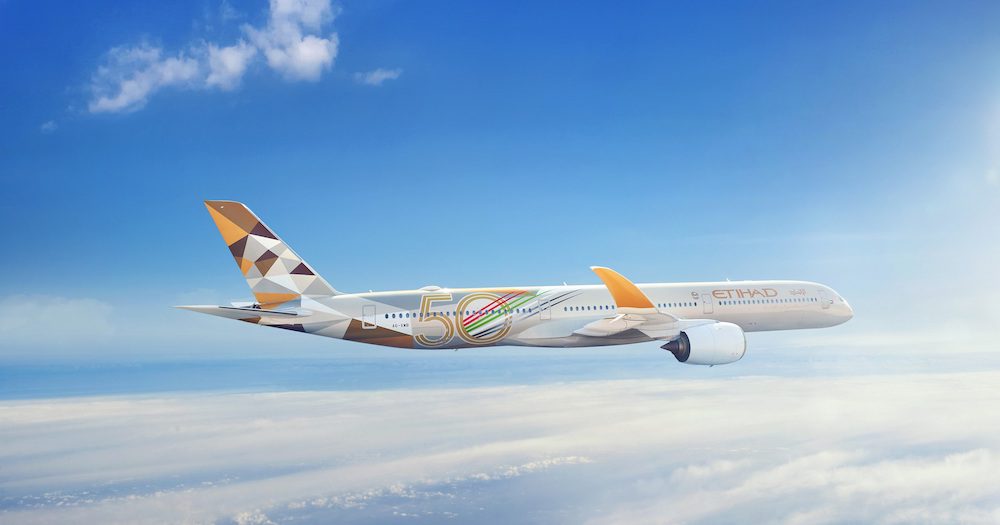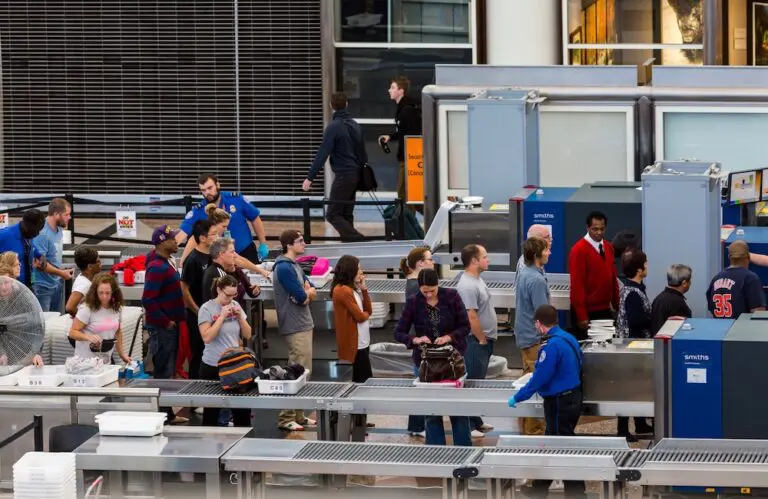Etihad Airways is undertaking a week of intensive research on over 30 flights to test operational efficiencies, technology and procedures that aim to reduce carbon emissions, in an expansion of its ongoing sustainability commitment.
The week-long program, coinciding with Earth Day on 22 April, includes over 20 commercial flights operating across Etihad’s network to test contrail avoidance technologies in partnership with SATAVIA, a UK-based green aerospace company.
Etihad will also operate up to 13 dedicated ‘EcoFlights’ testing a range of flight and engine optimisation initiatives, with successful trials to be incorporated into regularly scheduled operations.
Each of these flight tests will be operated on Etihad’s fleet of fuel-efficient A350 and Dreamliner 787 aircraft, spearheaded by the ‘Etihad Greenliner’, and Etihad’s newest aircraft, the ‘Sustainable 50’.

“Etihad has demonstrated its commitment to sustainability over the last three years, leading the industry through real-world testing and application of technology and processes that provide incremental environmental benefit every time we fly,” said Tony Douglas, Group Chief Executive Officer, Etihad Aviation Group.
“The tests we’re conducting this week are just the latest initiatives in our long-running and comprehensive sustainability programme, because for us, sustainability is a priority every day, not just once a year when it’s convenient and expected.”
The bulk of tests conducted over the week are part of a year-long partnership with SATAVIA to enable contrail prevention, integrating atmospheric modelling with operational flight planning to prevent contrail formation.

Aircraft contrails, or condensation trails, are clouds made up of aircraft-generated ice crystals, which cause a net surface heating effect globally by trapping atmospheric heat.
Contrails cause up to 60% of aviation’s total climate impact, the equivalent to two per cent of all human impact.
In contrast to many green aerospace initiatives, contrail prevention is a software solution that can be implemented in the near-term through technical integration with flight operations.
“By working with SATAVIA to implement contrail prevention in day-to-day activity, Etihad is taking the lead on an important issue facing the entire industry,” said Douglas.

In addition to contrail avoidance R&D flight tests, Etihad will operate up to 13 dedicated EcoFlights, following six previous sustainability-focused operations since 2019, including the EY20 Sustainable Flight from London to Abu Dhabi in October last year, which reduced carbon emissions by 72% compared to a similar flight in 2019.
In parallel to the research and testing flights, Etihad will also be publishing its first Sustainability Report. To be released on Earth Day 2022, this publicly-available report documents the previous two years of the airline’s sustainability efforts.
After two years of progress towards reducing the impact on the planet from its operations, Etihad says it is well on the way to achieving its ambitious sustainability commitments of achieving net-zero emissions by 2050 and halving net emission levels by 2035.
For more information visit www.etihad.com





